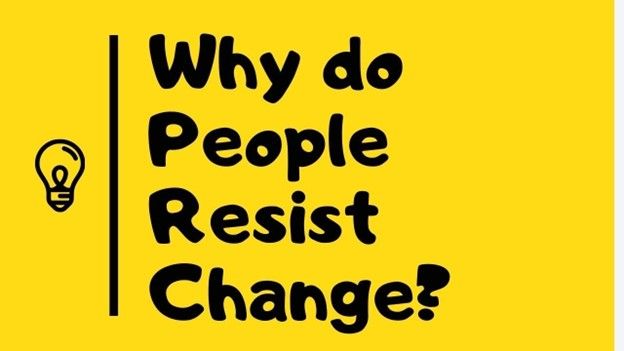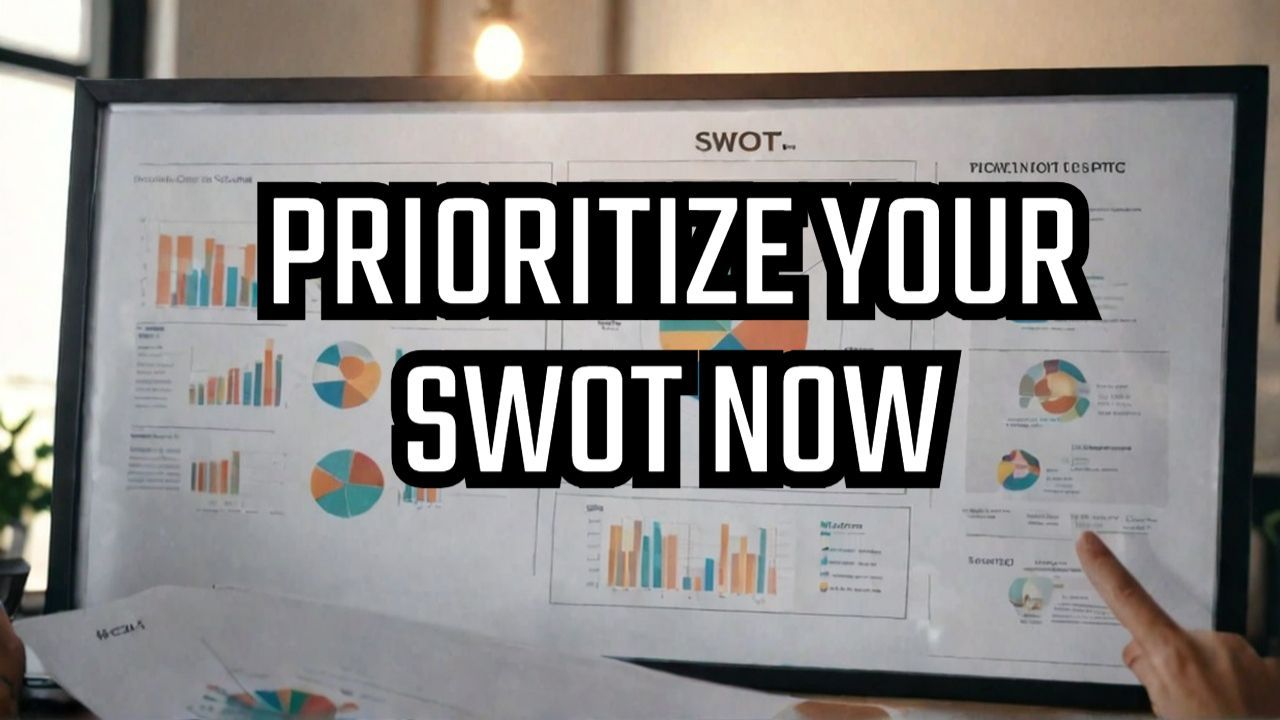14 Reasons People Resistance Change
To Manage Change, Understand Resistance

In responding to resistance to change, it can be helpful for leaders to remember why people resist. Here are fourteen reasons.
1. The change is a bad idea. Front-line workers see things leaders don’t, and it won’t work.
2. The change may help the organization but somehow negatively impact employees.
3. The change will involve a lot of work (this is almost always true), and leaders are downplaying that.
4. There is no dissatisfaction with the status quo. If it ain’t broke, why fix it?
5. No one has communicated why it is essential and a vision of where things are going.
6. No one has taken the time to get employee feedback. Many of us oppose change we have no input into.
7. The history of organizational change is not positive. People don’t believe this one will be any different.
8. Because leaders have not owned past change failures, they are not trusted.
9. People don’t believe they will have the resources or support to learn new skills.
10. People are afraid of not being competent or having value in the new organization.
11. People are overwhelmed and tired and can’t handle another change.
12. The change makes their job feel “out of control.”
13. People believe that the proposed change is the “flavor of the month” and will go away soon. The lack of leadership presence on the change team strengthens this.
14. Communication about the change is only trying to “sell the vision.” It doesn’t take into account people’s emotions. Resistance is always emotional. The “right” answer is never enough.
Every few months I produce a free newsletter. No Spam. Unsubscribe anytime.
For a taste, view the archives
SUBSCRIBE
Blogs and vlogs are sorted by topic at the bottom of each service page
STRATEGIC PLANNING
CHANGE MANAGEMENT
CONFLICT MANAGEMENT
TEAM BUILDING
ASSESSMENTS
EXECUTIVE COACHING
IMPROVING EFFICIENCY
BOARD DEVELOPMENT




